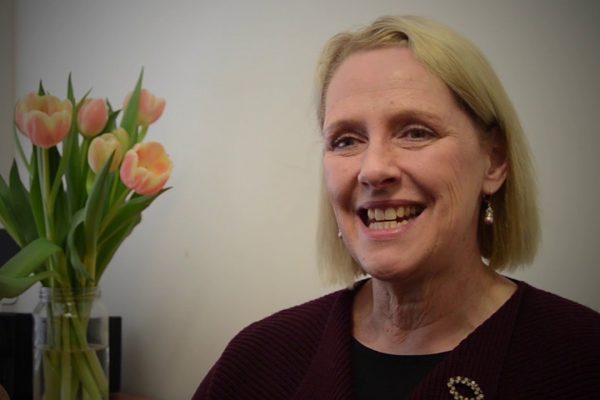In recent weeks, when looking at the vaccination rollout charts, I have noticed that there is an unspoken race between states. Which state is leading the vaccination rollout in the country? Which state will be the first to provide 70 percent of the first dose of the vaccine? Which state will get out of lockdown first? Internationally, there is a competition to see which countries will open their borders first after a long period of lockdown. There are even many countries fighting over access to the best vaccine supply, echoing the attitude in the gospel: “We must be first, and you the last”.
Also over recent weeks, at both the Olympic and Paralympic Games, competitors and spectators were overjoyed with the achievements that were made: gold for first place, silver for second, and bronze for third. Those coming last in any race are often not mentioned or even worse, considered a loser. The focus of these events, that we are witnessing in our lives, demonstrates a contradiction to the message of today’s gospel. “If anyone wants to be first, they must make themselves last of all and even become a servant of all,” said Jesus.
In today’s gospel, the disciples of Jesus, on their way to Jerusalem, discussed among themselves who is the greatest, who is the first? The disciples were still clueless about Jesus and His mission.
When we look at the actions of the disciples in today’s gospel, we see that they are acting from an attitude of ‘who is the most important’. Jesus tries to tell them in straightforward language of the suffering, death, and resurrection that awaits him in Jerusalem. They do not understand… they do not ask. The only thing they are concerned about is who will be first among them. Isn’t that typical of a competitive attitude? That is the senior energy expressing itself. This shows that they are relating to one another and working with one another on the basis of rivalry rather than cooperation.
In order to give his disciples a lesson, Jesus uses the contrasting image of a child. The critical importance of this declaration lies in this: it does not matter who is first or last unless we are willing to welcome the child or to become like one. To accept the child means to accept the childlike part of our personality. With this attitude, we become less calculating, less concerned about our personal dignity or shame, less afraid of failure and death, and less concerned about trying to grab power and success. With more of a childlike attitude, we become more sincere in our words and actions.
Our culture today, even more so than the Hebrew culture of the disciples, can tend to favour the best or the oldest. Like the disciples, we can be very success-oriented, and count success by comparing ourselves with others. Jesus challenges us today to make room for the childlike attitude of trust and cooperation with one another. Whether we are nine years old or ninety-nine, whether we are the firstborn, the last-born, or the only child of the family, the message of Jesus challenges us to forget about who is first, who is higher, but rather to relate with one another with childlike sincerity and joy.
Let us listen to the gospel today and hear its meaningful message. Let us pray for one another that, inspired by the example of children’s spirit and energy, we can ‘become a servant of others’ spreading sincerity and joyfulness to our family and neighbours.
Fr Trac Nguyen




Comments
Add Comment